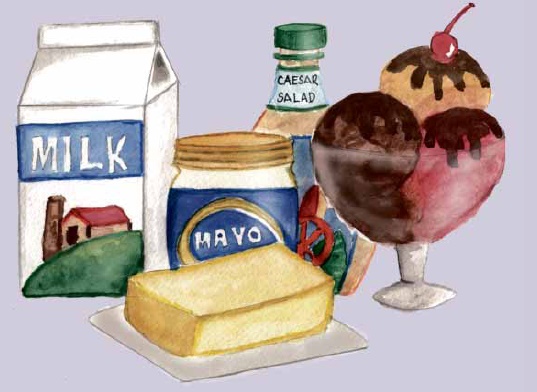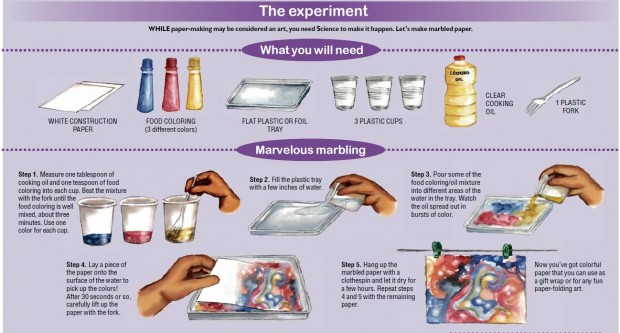Understanding fats and oils
Fats are an important part of your diet, just like carbohydrates and proteins, because they help your body grow and function properly.
Fats give you energy and act as insulator so your body can maintain the right temperature.
Your body needs fats to absorb, digest and store certain vitamins, such as A, D, E and K. Vitamin A keeps your eyes healthy, D helps absorb calcium, E protects cells and K prevents blood clotting.
Fats also maintain your nervous system and help build new cells. They keep your internal organs protected, nourish your hair and nails, and provide the building blocks for many hormones.
Most of all, fats make food taste better. This is why people usually prefer chicken fried in oil over grilled chicken.
Most people get enough fats from the nuts, fish, cooking oil, salad dressing they eat. But not all fats are good for your health. The good fats are the unsaturated fats usually found in plant foods and fish.
“Fats” is the term usually used for fats that are solid at normal room temperature. “Oils” refers to fats that are liquid at room temperature, while “lipids” is used for both liquid and solid fats.
Here is a fun experiment that uses cooking oil and water. Can oil and water mix? Find out and create colorful paper at the same time!
About the series
ARE YOU one of those students who are afraid of Science? Do you think there is no fun in learning Science?
In keeping with its mission, “Bayer: Science for a Better Life,” and its enthusiasm for research, Bayer wants to pass on to young people like you the joy in discovery and the excitement in learning. By putting together simple, educational and fun experiments, Bayer encourages elementary school students to learn Science by doing Science.
The Bayer Smiling Kiddie Einsteins series offers students, teachers and even parents hands-on and inquiry-based experiences that involve observing, hypothesizing, analyzing and testing.
Through this series of experiments related to health, nutrition and nature, Bayer and Inquirer in Education aim to deepen the interest of elementary school pupils in Science.
The materials needed for these experiments are safe and can easily be accessed from your home.
The Science
HERE’S what happened:
You have both oil and water in a pan, but the oil floats to the top. That’s because it is lighter and has less density than water. Density is a measure of how close together the molecules of a substance are in a given space.
A barrel of oil weighs less than a barrel of water. That’s why oil spills are bad for the environment; oil quickly spreads over a large area of the sea.
Even if you keep stirring, the oil and the water won’t mix in the pan. The oil just breaks up into small drops but still won’t mix with the water. The food coloring floats with the oil, makes swirl patterns—just like marble—and transfers to the paper.
Can you ever combine oil and water? Yes. Find out how next Tuesday.
Fun fat facts
LIPIDS do not dissolve in water. This is the reason why our body has difficulty digesting fat.
Fat tends to clump together and form large oil droplets as it moves through our digestive system. This means that our body needs a special way to breakdown fat in our digestive tract.
Fat is digested and absorbed by our body only when it reaches the small intestine and meets with bile that is produced by the liver.
Bile contains bile salts, which act as an emulsifier of lipids. The bile salts break up and coat the fat to form much finer droplets.
Using the newspaper
LOOK in the Inquirer, clip just one of the following and submit on a sheet of paper:
An advertisement for food. Is it selling food that will make you healthy or overweight? Fats and oils are part of the basic food groups that you must take every day. But beware. French fries, for instance, are cooked in oil yet they are considered “junk food” and not good to eat too often.
A story about health and wellness. Does it tell you what food you should eat if you want to be healthy? What other tips does it give for staying fit? Make a list.
News about the pollution of the sea, river or any water supply, or about any oil-producing country.

